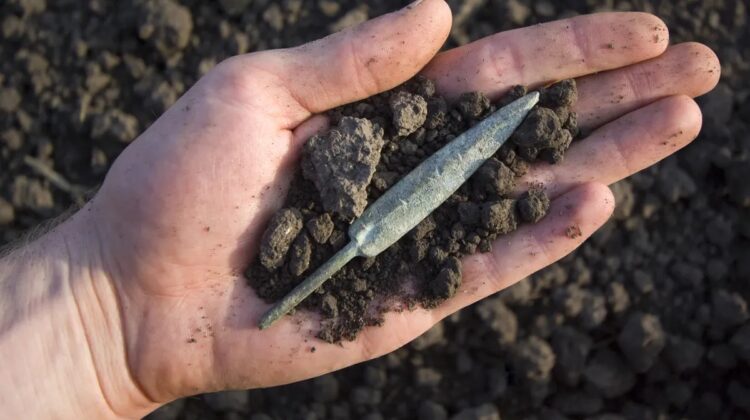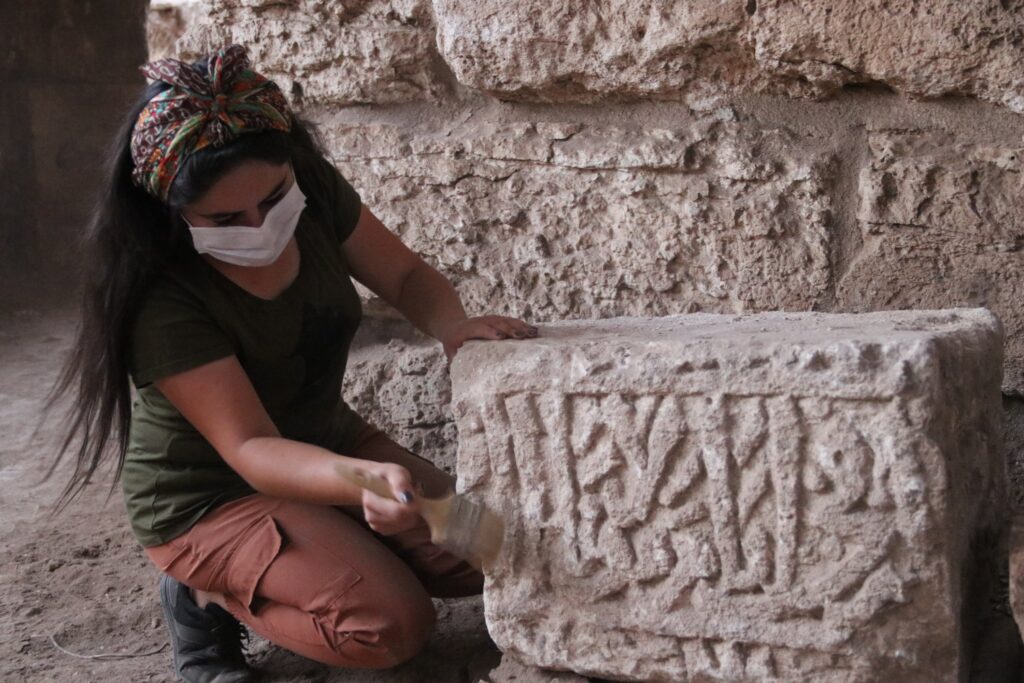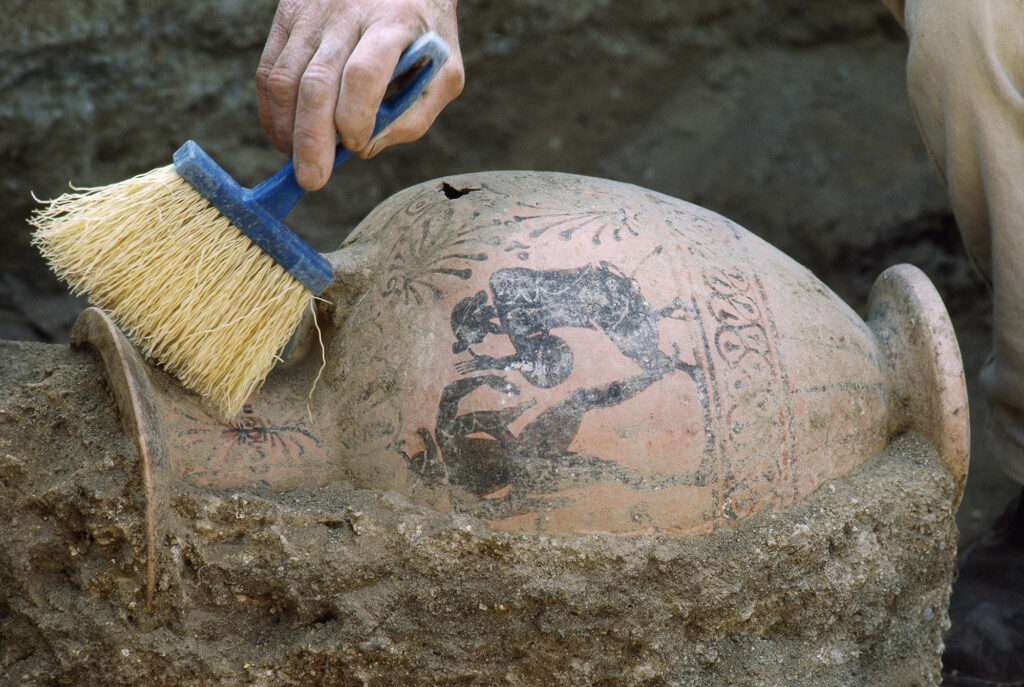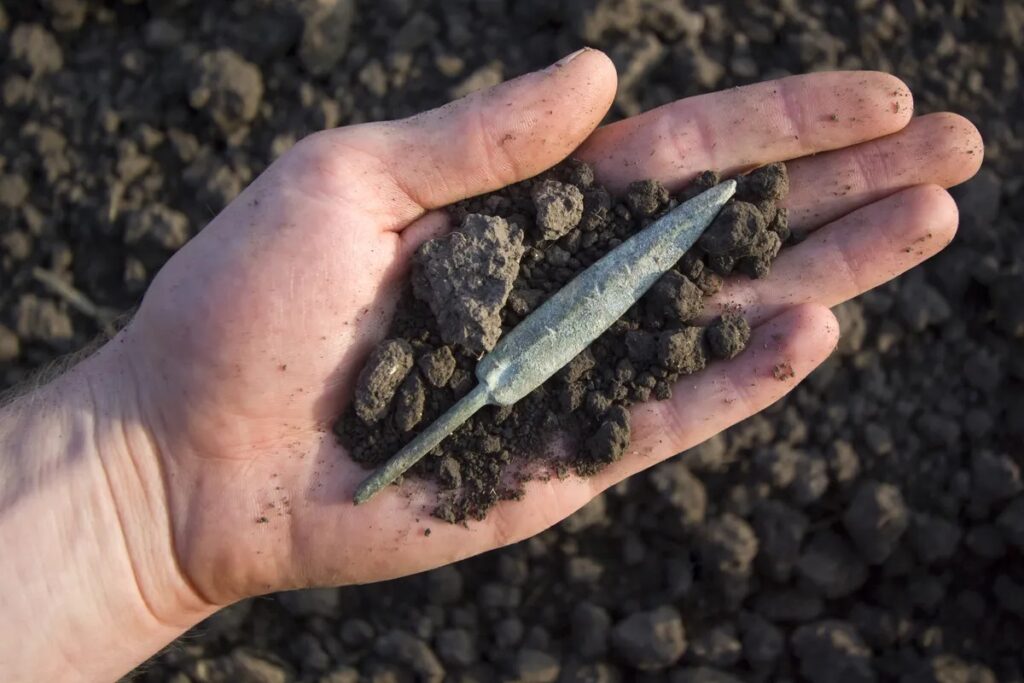
Amateur metal detectorists, rock hounds, or even an average member of the public might one day be in the right place at the right time and stumble upon a historic artifact. Roman coins, battle axes, and even ancient treasures can be found across the world. But if you find such an item, should you give it to a museum, the head of state, or can you keep it?
Of course, the rules are different depending on where the object was found, in which country the discovery happened, and even what the find is. Let’s break down the main rules in different countries.

In the US, two acts – the National Historic Preservation Act and the Archaeological Resources Protection Act – have specific requirements about how artifacts are preserved and claimed when they are discovered. For an archaeological discovery, the site must be 100 years old or more and must indicate a connection to human activity or human life.
Professional archaeologists are aiming to record history and not trade and sell items for a profit (looking at you, Helena Shaw). However, if you aren’t a professional, then you must report your findings, usually to a state archaeologist or historical society. Most sites strongly advise you not to post your findings on social media to help protect the artifact and the surrounding site.
If you find what you think is an artifact in a US National Park, the advice is to photograph the finding in its location with a landmark visible and to alert a park ranger to your discovery. Removing an artifact from federal lands is illegal and could result in fines.

Across the pond in the UK, you may face a fine or even three months of jail time for not reporting treasure. For an archaeological discovery, they can either be reported to the Portable Antiquities Scheme in England or the Cymru PAS Scheme if it was discovered in Wales. The Portable Antiquities Scheme is managed by the British Museum and the National Museum in Wales; they are responsible for recording archaeological finds discovered by the public, according to the website.
In the UK (but not Scotland), you are legally obligated to report finds of gold, silver, and coins under the Treasure Act of 1996. “Treasure” has its own legal definition defined in the Act but broadly covers coins, precious metals, and any object deemed to be of “outstanding historical, archaeological or cultural importance.”
In New Zealand, all items found after April 1, 1976, belong to the Crown. Anything found must be reported to the Ministry of Culture and Heritage within 28 days, and they decide what happens to the item. If the item was found on March 31, 1976, or earlier, then the item belongs to the person who found it.

Returning artifacts to places they have been stolen from is also becoming slightly more common, either because the person feels a sense of guilt for taking the object in the first place or because they believe the artifact to be cursed.
In conclusion, the rules and regulations surrounding the discovery of archaeological artifacts vary from country to country. While some places encourage reporting and preserving historical finds, others strictly prohibit removing artifacts from certain areas. If you ever find yourself in possession of a valuable historical artifact, it’s essential to research and adhere to the laws and guidelines of the specific location to ensure the artifact’s proper preservation and cultural significance.

Leave a Reply